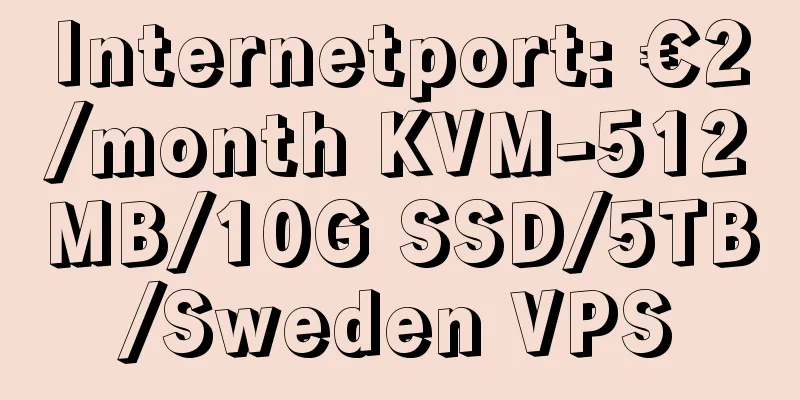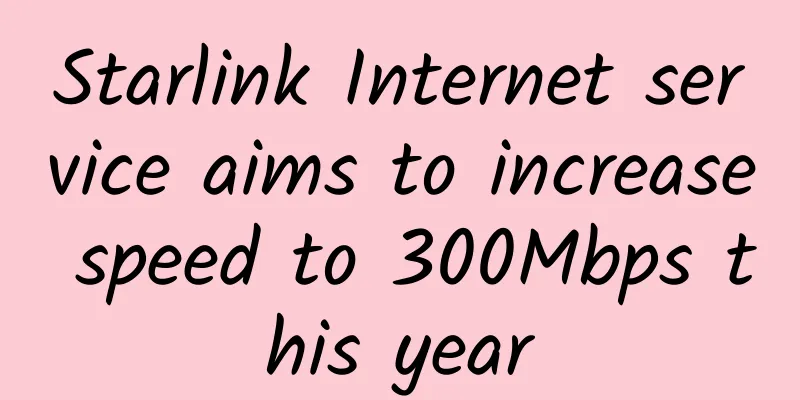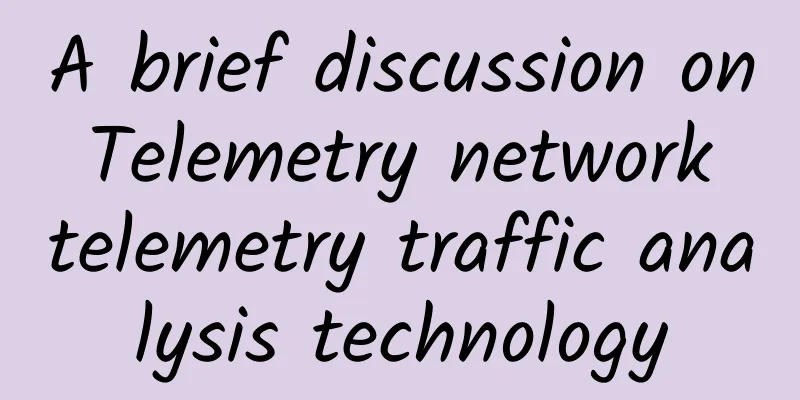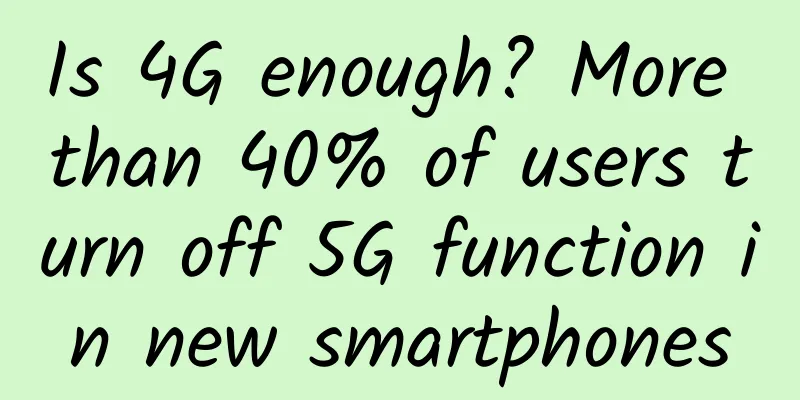5G Technology: The Future of Smart Homes and Cities
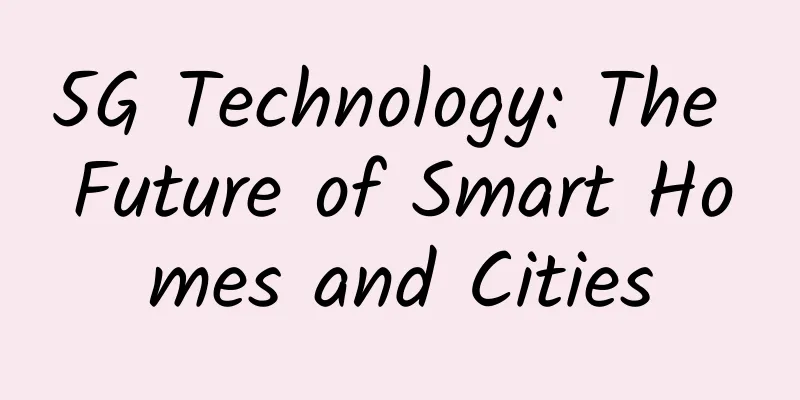
|
The world is moving towards a more connected future, where everything from our homes to our cities will be connected. The Internet of Things (IoT) makes this possible, and 5G technology is the key to unlocking its full potential. 5G is the fifth generation of wireless technology, and it promises to be faster, more reliable, and more secure than any previous generation. One of the most exciting applications of 5G technology is in the field of smart homes. A smart home is a home equipped with remotely controlled devices, such as thermostats, lights, and security systems. With 5G technology, these devices can communicate with each other and the internet at lightning speeds, creating a truly connected home. For example, imagine a home where the thermostat, lights, and security system are all connected to the internet. With 5G technology, these devices can communicate with each other in real time, creating a truly smart home. The thermostat can adjust the temperature based on the time of day and the number of people in the house, while the lights can automatically turn on and off based on the time of day and the amount of natural light in the room. The security system can also be connected to the internet, allowing the homeowner to monitor their home from anywhere in the world. But smart homes are just the beginning. 5G technology also has the potential to transform our cities into smart cities. A smart city is one that uses technology to improve the quality of life for its citizens. This can include everything from smart traffic lights that can adjust their timing based on traffic patterns to smart waste management systems that can optimize garbage collection routes. One of the main advantages of 5G technology is low latency. Latency is the time it takes for data to travel from one device to another. With 5G technology, latency is expected to be as low as 1 millisecond. This means that devices can communicate with each other in real time, making it possible to create truly smart cities. For example, imagine a city where traffic lights are connected to the internet. With 5G technology, these traffic lights can communicate with each other in real time, which can optimize traffic flow and reduce congestion. The same technology can also be used to create a smart parking system where drivers can find available parking spaces in real time. But the benefits of 5G technology extend beyond smart homes and cities. 5G technology also has the potential to transform industries such as healthcare, education, and manufacturing. For example, in healthcare, 5G technology can be used to create remote monitoring systems that allow doctors to monitor patients from anywhere in the world. In education, 5G technology can be used to create immersive learning experiences that allow students to explore virtual worlds in real time. In manufacturing, 5G technology can be used to create smart factories that optimize production processes and reduce waste. In summary, 5G technology is the key to unlocking the full potential of the Internet of Things. With lightning-fast speeds and low latency, 5G technology has the potential to transform our homes, cities, and industries. As we move towards a more connected future, 5G technology will clearly play a key role in enabling smart homes and cities. |
<<: Industrial Ethernet Market Expected to Exceed $350 Billion by 2032
>>: 5G and eSIM drive enterprise IoT growth
Recommend
Promoting the comprehensive upgrade of SASE services, the front line of Internet technology is catching up with the era of cloud and network security integration
As digital transformation progresses and cloud-ne...
DediPath New Year Offer: 50% off all VPS hosts, 1Gbps unlimited dedicated server in Los Angeles starting from $39/month
DediPath is a foreign service provider founded in...
Regarding the 6G satellite, I am "confused"
[[351012]] On November 6, a satellite named "...
How 5G helps IoT in healthcare
At a time when demand for healthcare services is ...
Five trends in edge computing for 2022
Edge computing trends play a key role in business...
A roundup of the top 10 data center news stories of 2018
The public cloud has not killed the data center, ...
Justg: Russia CN2 GIA line VPS is online with annual payment starting from US$39.99
Last year, the blog shared the news of Justg'...
Global users' views on 5G: Five keys to commercial success
Recently, Ericsson Consumer Lab released the &quo...
[Black Friday] ProfitServer Singapore/Germany/Netherlands/Spain VPS 50% off, unlimited traffic KVM monthly payment starts from $2.88
ProfitServer has launched a Black Friday promotio...
The IPv6 era is coming, and every grain of sand in the world can have an IP
When it comes to IPv6, I think most people think ...
CloudServer: $10/year-1GB/20GB/1TB/Los Angeles & Chicago & New York data centers
Netizens reported that CloudServer has a special ...
Architect: We are more afraid of 200 than 404!
Young man, you are reading a short hardcore scien...
The new year is here! Ruijie Wi-Fi 7 high-density AP RG-AP9520-RDX officially debuts with "dynamic beamforming antenna"!
At the beginning of the new year, Ruijie Networks...
Don't waste money and choose the router that suits you best
Nowadays, remote video conferencing and online cl...
The battle for lightweight wide area networks: What makes LoRa different?
Technically, the various WAN technologies vary du...

